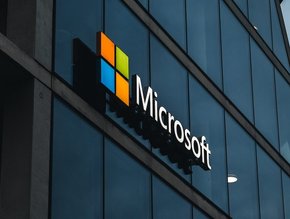Vodafone uses low latency 5G for remote piano duet

British telecommunications giant Vodafone has used the low latency and high speed of 5G technology to enable a remote piano duet.
The demonstration utilised well known pianist/Formula 1 World Champion Lewis Hamilton and musician Jay Keys, who despite being in another location, was able to send inputs to the other piano in near real-time, which were then represented on the instrument thanks to a system of magnets.
In a press release, Keys said: “Technology like this is going to be game-changing for the music industry. It opens up more opportunities for musicians globally to collaborate in real-time. Imagine 5G-powered writing/production sessions, music lessons and duets happening between musicians everywhere. It will give us the opportunity to be more productive/creative and connect with each other regardless of where we are in the world.”
The problem of latency has long prevented simultaneous events taking place over the internet, with existing internet speeds and reliability unable to support such things as live sport at the same speed as a television broadcast, leading to the possibility of your neighbour’s celebrations spoiling the game by revealing what’s coming up.
Nick Jeffery, CEO, Vodafone UK, said: “Music has a way of bringing people together and for the first time, using our 5G network, we have been able to demonstrate how two separate pianos and musicians in different locations can play together as one. The past few months especially have highlighted how important 5G technology will be in bringing more people, places and things closer to what they love – even when they have to be apart.”
The reduction of latency has been repeatedly touted as one of 5G technology’s main benefits by the industry’s heavy hitters. At last year’s Web Summit technology conference, we heard Huawei Chairman Guo Ping speak about the potential of 5G. Guo’s compared the potential of the technology to the introduction of electricity, believing it would introduce many opportunities for entrepreneurs, and specifically mentioned the possibility of musicians being able to remain in time while playing together over the internet, owing to real-time, low-latency communication.






